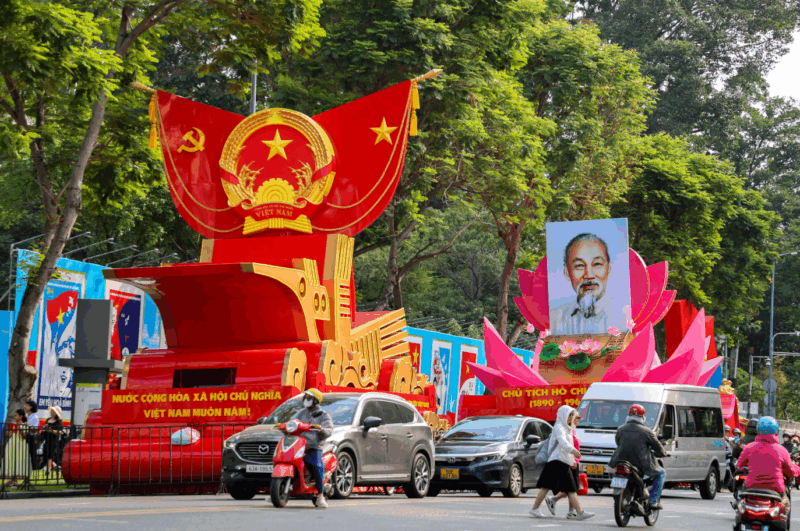U.S. President Donald Trump on Tuesday approved additional relief for domestic automakers from his 25% vehicle and auto parts tariffs set in motion less than a month ago, saying it would help the industry to move more production back to the U.S.
Trump’s latest orders mark the latest softening of his multi-layered tariff assault on trading partners as he seeks to negotiate deals aimed at lowering other countries’ trade barriers to U.S. exports.
Earlier this month, Trump’s administration exempted smartphones, computers and other electronics largely made in China from triple digit tariffs at least temporarily.
Here’s what’s in Trump’s latest proclamation and executive order on autos tariffs.
ENDS AUTOS TARIFF ‘STACKING’
Trump has ordered that autos and auto parts subject to his new 25% Section 232 autos tariffs will no longer be also subject to other 25% tariffs that he has imposed on steel and aluminum or on Canadian and Mexican goods related to the U.S. fentanyl crisis.
But the order specifies that other tariffs, including Trump’s duties on Chinese goods that have reached 145%, would still apply, as would the longstanding 2.5% “Most Favored Nation” tariff rate for automotive imports.
CREDIT FOR U.S. VEHICLE ASSEMBLY
The Trump administration also will offer automakers a credit of 3.75% of the total Manufacturer’s Suggested Retail Price value of all vehicles assembled in the U.S. from April 3, 2025 through April 30, 2026, that can be applied to an equal amount of duty-free parts imports – except from China.
For each $50,000 vehicle built in the U.S., an automaker would be able to import $1,875 worth of parts duty free.
The vehicle credit drops to 2.5% for the second year to April 30, 2027, then disappears altogether as an incentive for automakers to return parts production to the U.S.
The percentages reflect the duty owed when a 25% tariff is applied to 15% of the value of a U.S.-assembled vehicle in the first year and 10% in the second year.
Vehicles assembled in Canada and Mexico are not eligible for the credit.
RATIONALE
Trump’s order said the revised tariffs “will more quickly reduce reliance on foreign manufacturing and importation of automobiles and automobile parts (and) strengthen United States vehicle assembly operations by encouraging companies to expand domestic production capacity.”










